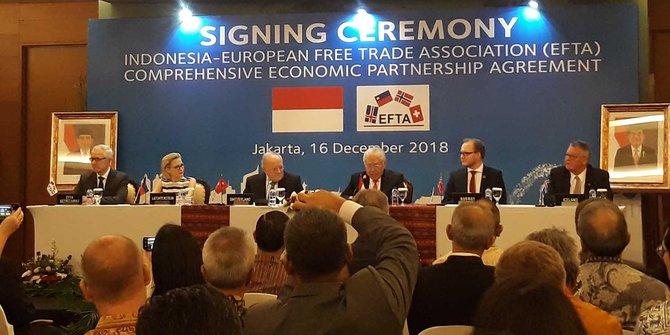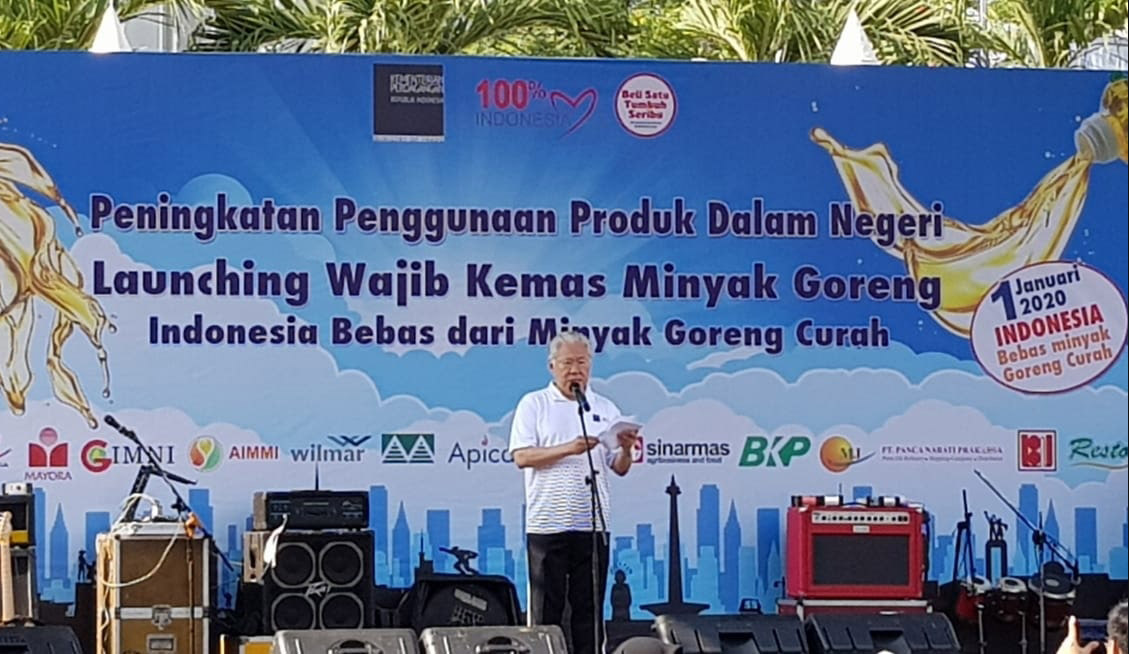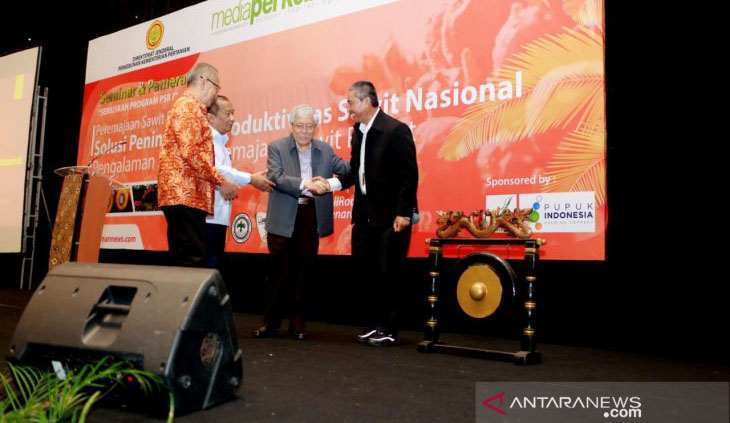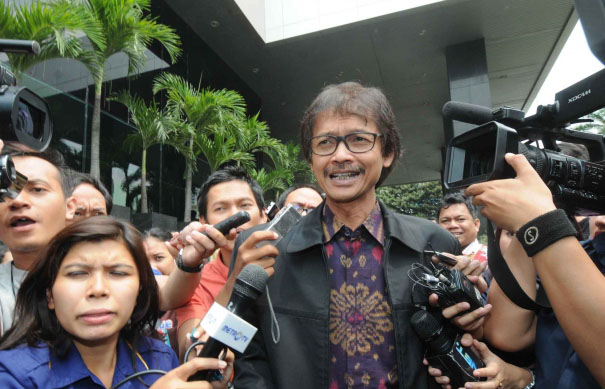Indonesia and EFTA Countries Sign Trade Agreement
THE Comprehensive Economic Partnership Agreement (CEPA) between Indonesia and the European Free Trade Association (EFTA) was signed in Jakarta, Indonesia, (16/12/2018). Representing the signatory countries were the Minister of Trade of the Republic of Indonesia, Mr.

THE Comprehensive Economic Partnership Agreement (CEPA) between Indonesia and the European Free Trade Association (EFTA) was signed in Jakarta, Indonesia, (16/12/2018).
Representing the signatory countries were the Minister of Trade of the Republic of Indonesia, Mr. Enggartiasto Lukita; Federal Councillor and Head of the Federal Department of Economic Affairs, Education and Research of the Swiss Confederation, Mr. Johann N. SchneiderAmmann; Minister of Foreign Affairs, Justice and Culture, Principality of Liechtenstein, Ms Aurelia Frick; State Secretary, Kingdom of Norway, Mr. Daniel Bjarmann-Simonsen; and Icelandic Ambassador and Chief of Protocol, Mr. Hannes Heimisson.
The signing took place as Indonesia and the EFTA countries concluded an almost eightyear-long negotiation process on 23 November 2018 in Geneva, Switzerland. The CEPA negotiation was launched in July 2010, and the first round was held in early 2011. Since then, 15 rounds of negotiations and a number of Heads of Delegation and experts` meetings were held before both sides reached an agreement on 1 November 2018 in Bali, Indonesia.
The signing of the Indonesia-EFTA CEPA today marks a new milestone in the bilateral relations between Indonesia, Iceland, Liechtenstein, Norway and Switzerland. CEPA covers trade in goods (including provisions on trade remedies, trade facilitation, rules of origin, sanitary and phyto-sanitary measures, and technical barriers to trade), trade in services, investment, intellectual property rights, competition, government procurement, trade and sustainable development, cooperation and capacity building, as well as legal and horizontal provisions.
The Agreement is expected to enhance bilateral economic relations significantly. It will gradually eliminate the majority of tariff barriers, covering over 98% of bilateral trade value. Preferential treatment includes tariff elimination by EFTA on all fisheries and manufacturing products, as well as better access for the majority of agricultural products, including coffee and palm oil. Meanwhile, Indonesia will eliminate tariffs on most of its main imports from EFTA, including gold, medicines, textiles, chemicals, jams, fish products, machines, juices, tankers, and perfumes. CEPA also includes trade facilitation provisions which ensure more conducive and transparent trade regulations and customs procedures.
In services, both sides will gain better market access in various services sectors, including the temporary movement of professionals, energy related services and telecommunication services. CEPA is also expected to create an open, stable and predictable business climate for investors and stimulate greater flows of foreign direct investment. Furthermore, both sides have committed to embarking on cooperation and capacity building on export promotion, tourism, small and medium enterprises, intellectual property rights, cocoa and palm oil, vocational education, as well as maritime and fisheries industries.
According to Statistics Indonesia, trade between Indonesia and the EFTA states reached USD 2.4 billion in 2017. Indonesia`s main exports to EFTA include jewelry, optical devices, gold, telephone equipment, and essential oils. Meanwhile, Indonesia`s main imports from EFTA include gold, turbo-jet engines, medicines, and fertilizers. The investment value from the EFTA states to Indonesia in 2017 was recorded at USD 621 million. It is expected that more investors from EFTA countries will look to Indonesia favorably as an FDI destination country to benefit from not only Indonesia’s emerging economy but also from the regional integration of ASEAN Economic Community.
After the signing of the Agreement, the five countries will immediately begin respective domestic procedures to ratify the Agreement for a swift implementation of the negotiation outcomes. *** (Source: Press Release, Trade Ministry)


































